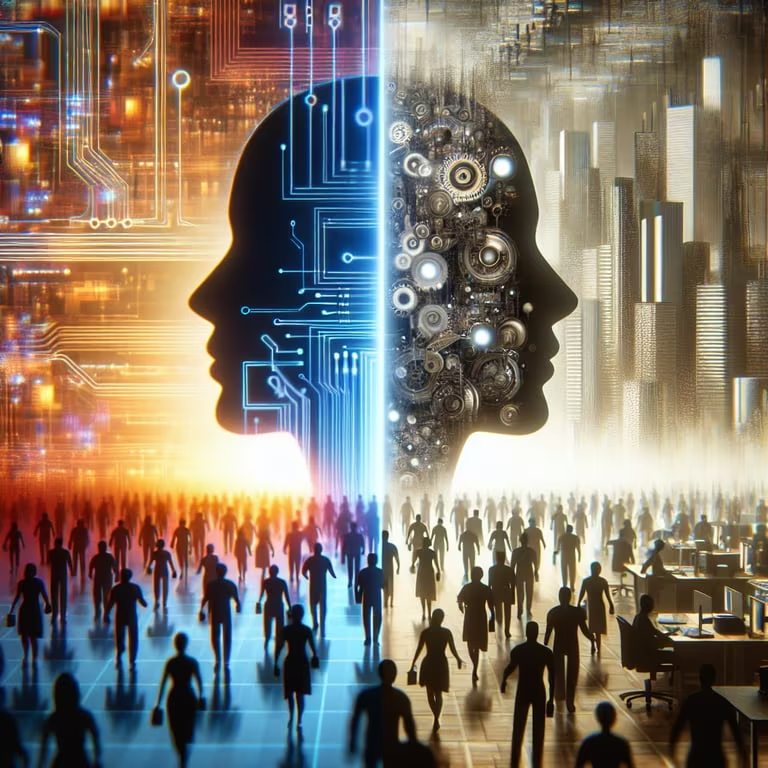Salesforce, the global cloud software leader, has taken a significant step toward automation, resulting in job reductions that have sparked discussion across the tech industry. CEO Marc Benioff confirmed that the company would eliminate 262 positions in its San Francisco offices to streamline operations and integrate AI-driven technologies into its business processes (reuters.com).
Automation and AI Integration
The move reflects a broader industry trend toward artificial intelligence and automation. Salesforce has been investing heavily in AI tools designed to optimize workflows, enhance customer relationship management (CRM), and reduce operational inefficiencies. Benioff noted that these tools aim to empower employees by automating routine tasks, enabling staff to focus on higher-value work that demands creativity, strategic thinking, and personal engagement.
However, the adoption of automation comes with consequences. Job cuts are an inevitable part of this transition, as certain roles become redundant or less critical in an AI-enhanced work environment. The 262 affected positions represent a small portion of Salesforce’s global workforce but highlight the tangible impact of AI adoption on employment.
Industry-Wide Implications
The layoffs have reignited debates about AI-driven job displacement. Experts warn that as more companies embrace automation, roles involving administrative tasks, data entry, and routine technical work may increasingly face risk. The challenge for organizations lies in balancing technological efficiency with workforce stability, ensuring employees are retrained and reskilled for new opportunities within the company.
Benioff emphasized Salesforce’s commitment to supporting affected employees. The company is offering severance packages, outplacement services, and reskilling programs to help displaced workers transition to new roles, either within Salesforce or elsewhere in the tech sector. This approach reflects the growing recognition that ethical AI deployment requires attention to workforce impact and social responsibility.
Employee and Public Response
Reactions among employees and industry observers have been mixed. While some acknowledge the need for modernization and automation to remain competitive, others express concerns about job security and the speed of change. Labor advocates are calling for clearer policies on managing AI-driven workforce restructuring.
The broader public debate around AI in the workplace is intensifying. On one hand, AI promises productivity gains, cost reductions, and new business opportunities. On the other, it raises concerns about economic inequality, job displacement, and societal impacts. Salesforce’s actions have become a focal point in this discussion, illustrating both the opportunities and challenges of AI integration.
Looking Ahead
Salesforce’s embrace of automation is likely to set a precedent for other tech companies considering similar strategies. The company’s ability to integrate AI while mitigating negative effects on employees will be closely monitored by the industry.
Ultimately, Salesforce’s initiative underscores the urgent need for comprehensive workforce planning, reskilling initiatives, and ethical AI deployment. As automation reshapes the workplace, companies must balance innovation with human capital to ensure technological progress benefits both business and society.

